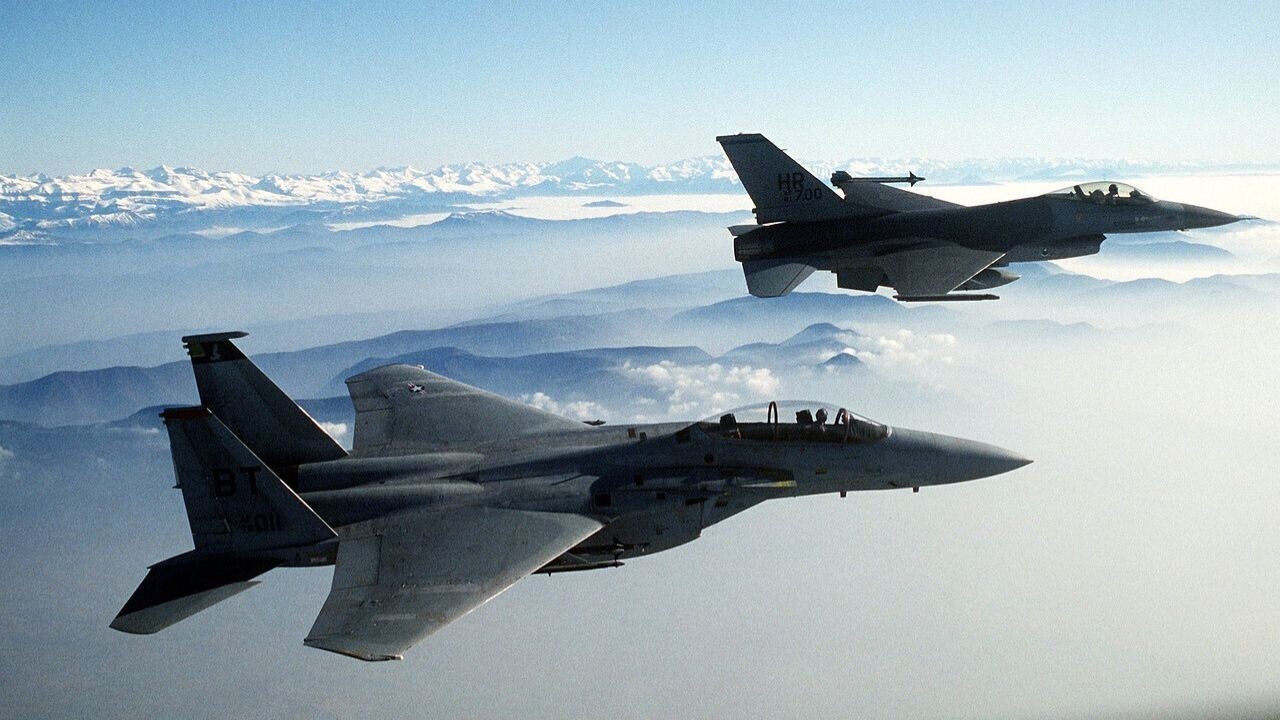Britain's new military tech strategy will fail unless startups are given clear pathways to adoption, experts have warned.
Their concerns follow the government's announcement that defence spending will increase to its highest level since the Cold War. Prime Minister Keir Starmer set out the aims in the new Strategic Defence Review (SDR), which includes plans to boost investment in technologies such as AI, drones, robots, laser weapons, and submarines.
The review outlines ambitious goals for military innovation, but defence tech insiders say the real challenge lies in translating funding into front-line deployment.
Tanya Suarez, who leads the dual-use accelerator Janus — backed by the NATO DIANA accelerator, whose COO will speak at TNW Conference this June — fears startups will still face major hurdles when working with the military. She said that while private funding for defence tech has reached record highs, companies still face a “wall” when trying to scale and deploy their technologies.
“Defence tech startups need a clear pathway from proof of value to adoption,” she said.
The SFR comes amid heightened geopolitical tensions across Europe. Russia's war in Ukraine continues to cast a wide shadow over the continent.
Andriy Dovbenko, founder of the UK-Ukraine TechExchange, said the document rightly acknowledges Russia as a threat to all of Europe, but warned that funding alone won't guarantee success.
“Simply increasing UK defence spending without structural changes won't work,” Dovbenko said.
Dovbenko pointed to Ukraine's wartime innovation model as a potential blueprint.
Ukrainian President Volodymyr Zelenskyy quickly integrated startup-made military tech into the country's defence efforts early on in its war with Moscow. From AI-powered reconnaissance tools to low-cost drones, local startups now play a critical role on the front lines.
“World-leading defence innovation would not have happened in Ukraine without drastic changes to the procurement process, bringing technology startups and scaleups into the inner fold of the industry,” Dovbenko said.
Defence tech startups often struggle to break into the traditionally conservative military tech procurement process, dominated by legacy contractors or “primes” such as Lockheed Martin, Northrop Grumman, and Boeing.
Military tech procurement takes an average of 6.5 years for projects with a value of more than £20mn, according to data from British think tank Chatham House.
While some provisions in the SDR suggest a shift toward more open innovation and faster procurement cycles, tech insiders want clarity on how that will be implemented in practice.
